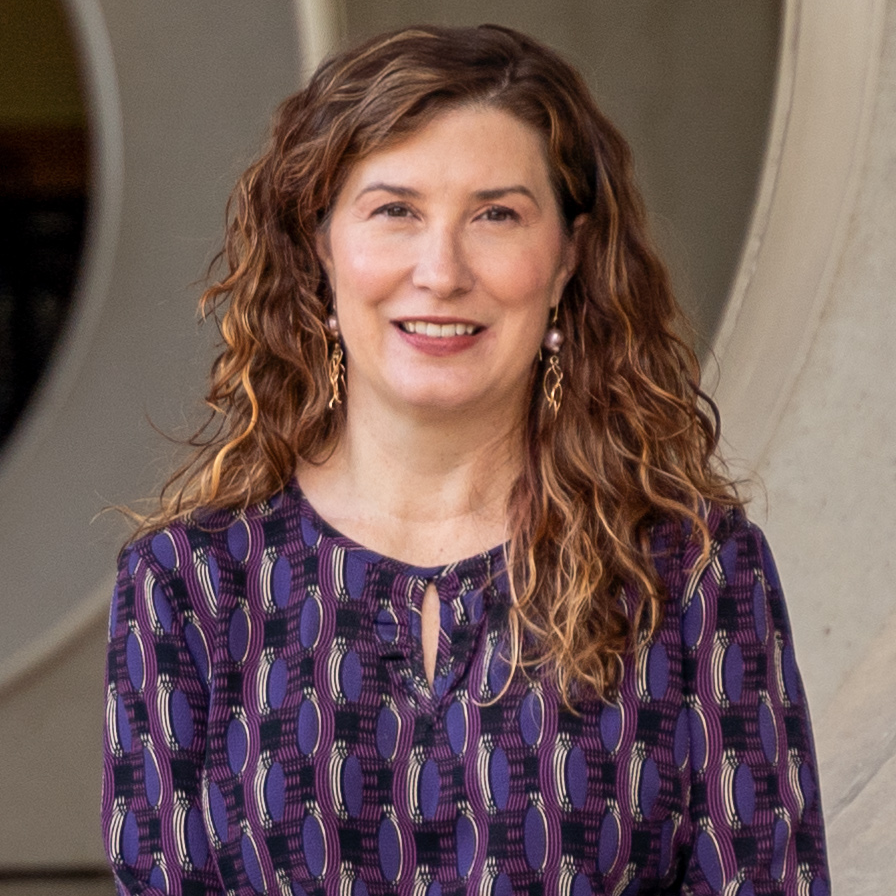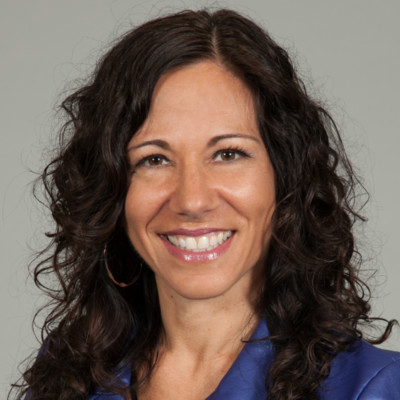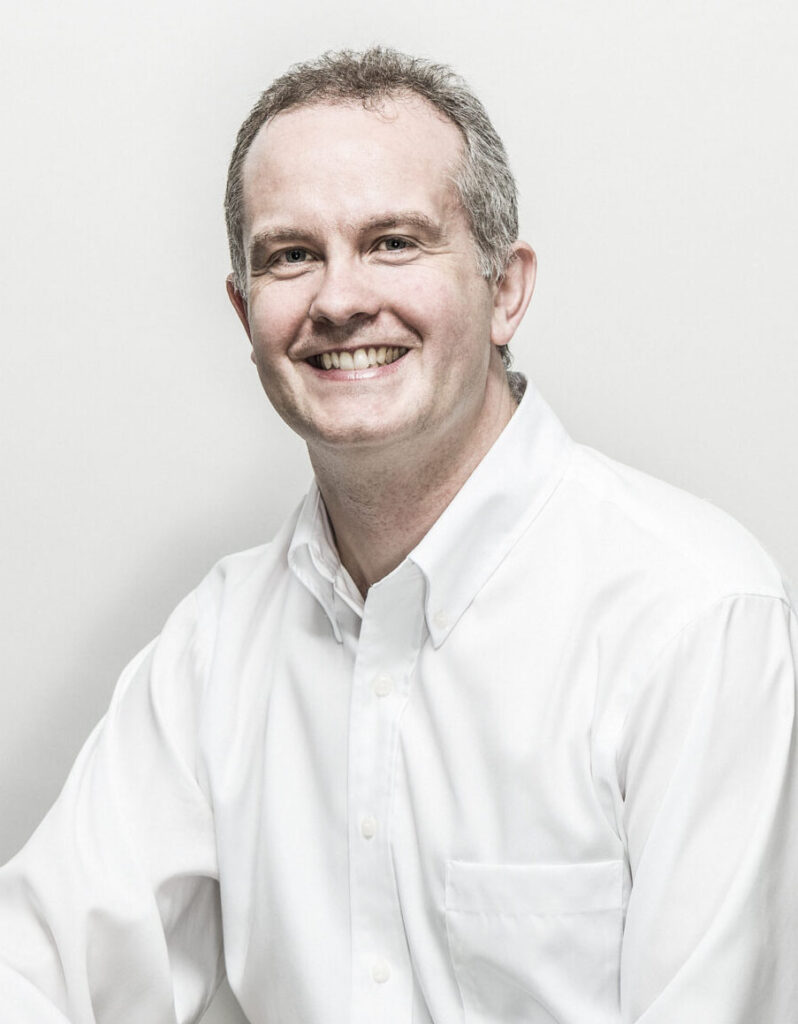
[tta_listen_btn listen_text="Click to listen to this story" pause_text="Pause" resume_text="Resume" replay_text="Replay" start_text="Start" stop_text="Stop"]
York University’s C4: Cross-Campus Capstone Classroom program has partnered with GHD – an award-winning international company that offers engineering, architecture and construction services – and the Toronto and Region Conservation Authority (TRCA) to help students tackle climate anxiety.
Over the course of the upcoming 12-week winter term, up to 70 undergraduates will work with the partners to pursue multidisciplinary projects exploring the term’s challenge question: "How can we help young people in the Greater Toronto Area overcome climate anxiety, to be empowered to inform and drive our future pathways to an equitable and sustainable city?"
As the students develop their collaborative projects, GHD and TRCA will provide 10 to 20 hours of guidance throughout the term, including bringing in subject matter experts to participate, encourage and answer any technical questions that might arise.

GHD became interested in partnering with C4 while working on an environmental project with York, eager to find an opportunity to collaborate further with the University. “We were instantly interested in the C4 Cross-Campus Capstone Classroom and how it engages multidisciplinary teams to solve some of the world’s biggest problems,” says Tina Marano, GHD’s future communities leader, Canada, who will be involved with the program and students throughout the C4 winter term.
Early meetings with C4 made clear that a partnership would be a natural fit. “With GHD there was a clear alignment around our interests and values,” says Danielle Robinson, associate professor and co-founder of C4.
Like C4, GHD prioritizes sustainability in its work – with a focus on water, energy, infrastructure, and sustainable cities and communities – and seeks to drive positive change and make meaningful contributions to global sustainability goals.

GHD also shares an optimism that’s rooted in the capstone program and experience. “We're a very positive, hopeful space. We think that we and our students can make a difference in the world and that we just need to figure out how to organize ourselves in order to do that,” says Robinson. “We need a partner that believes in those things.”
GHD does, says Marano. “Working with young professionals and new graduates across our organization and through partnerships like this, we nurture a culture that embraces optimism, collaboration, experimentation and curiosity,” she says.
The partnership with the TRCA acting as the community stakeholder followed soon after, and the organization echoes the shared goals of its partners. “We're a community-based organization, so we want to look to our communities to help us find the solutions to the problems that we all face together,” says Darryl Gray, director, education and training at TRCA.
In the weeks ahead, the aim – as it is for all C4 partnerships – for the program is to benefit both partners and students.

For partners, the participating students provide fresh insights and point-of-views that are needed to right the future. “What we have found is getting the student and multidisciplinary perspective can often bring new ideas and approaches to the partners that they might not have considered before,” adds Franz Newland, professor and co-founder of C4 with Robinson.
“We need to work and think differently. We need to collaborate and exchange ideas with bright, young minds and emerging leaders that believe that change and impact is possible,” agrees Marano.
Partners working with undergraduate students also provides an opportunity through experiential learning to develop skills needed for them to, potentially, pursue a sustainability career. “Among the broader conversation we are having with York is, ‘How do we make sure that post-secondary institutions are meeting the workforce development needs of future employers?’ ” says Gray.
Opportunities like these can help provide that, closing a potential onboarding gap with developing skills students will need if they enter the sustainability field – whether with C4 partners or other organizations.
In addition to benefiting with real-world experience and connections to leading organizations, students also gain critical confidence in their abilities and potential to create change. “One of the things that we hope we uniquely offer our students is a chance to really find out who they are as leaders,” says Robinson.
“Organizations like GHD and TRCA help empower their voices so that they can feel there are people who are keen to listen,” says Newland.
That, he says, is a crucial element for this generation of students who can often feel anxious about the climate crisis without knowing what they can do about it, and if their point-of-view will even be heard.
“Often in these spaces there's a sense of impotence or inability to actually take action, which is part of that challenge,” says Newland. “The fact that organizations like this are looking to engage students’ voices really points to the fact that they recognize that the existing solutions maybe aren't doing what we need, and we need to be thinking about listening to other voices that may actually have a better path forward.”
The C4 program and its partners help them do that. “They get a chance to find out what skills and knowledge they have and what they can do with them to address a particular challenge the world is facing. It gives them a chance to see what they're capable of in a really safe space where they can test their boundaries, fail, succeed,” says Robinson. “They want to feel empowered, to help repair the world. They need to see what their contribution might be.”
Applications for C4 are still open: yorku.ca/c4/apply-for-c4/winter-2024.
